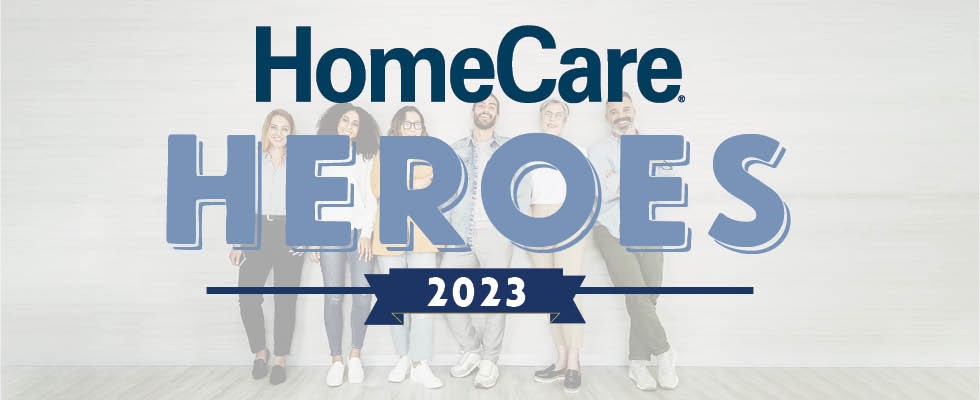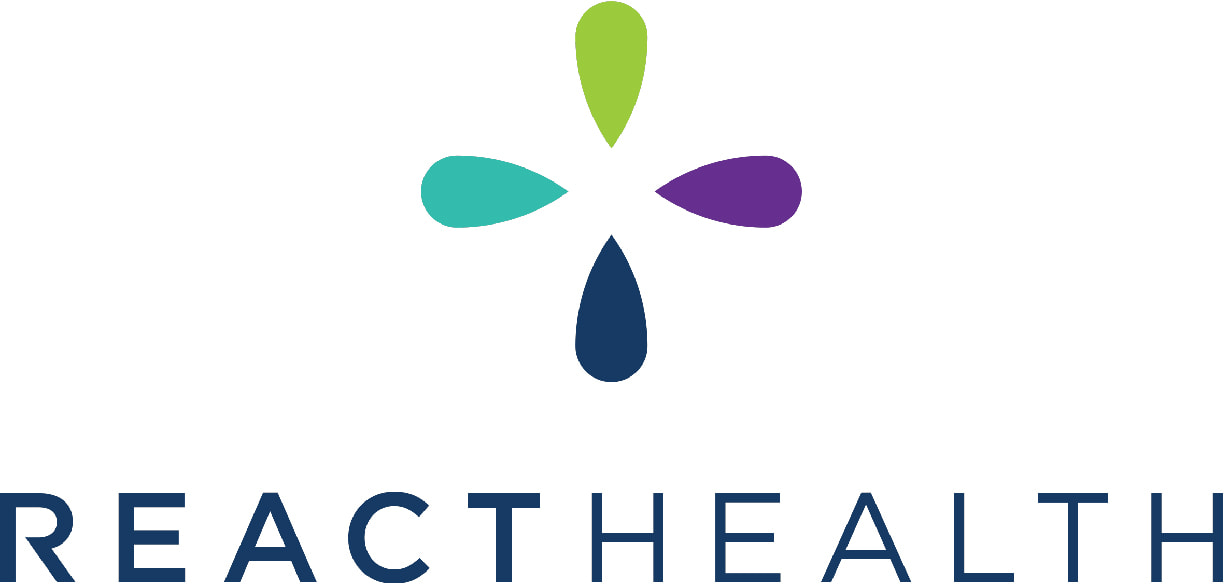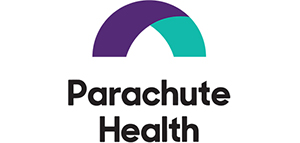
 Amy Cornelius hasn’t gotten much sleep this past year. As the director of disability inclusion at Compassionate Home Care, she pioneered a new 24-hour hotline—that goes directly to her phone—for patients in the midst of mental health crises.
Amy Cornelius hasn’t gotten much sleep this past year. As the director of disability inclusion at Compassionate Home Care, she pioneered a new 24-hour hotline—that goes directly to her phone—for patients in the midst of mental health crises.
“Mental health touches everything. Physical health and mental health go hand in hand,” Cornelius said. “If you’re physically not feeling well, mentally you’re not going to feel well. And if you’re mentally not feeling well, you’re physically not going to feel well.”
Cornelius began her career as a high school para-educator. When a friend reached out saying she was founding a new home health company, Cornelius jumped at the chance to help a wider population of people. She even went back to school to get a degree in mental health and chemical dependency.
Today, she serves patients ranging from age 15 to 65 with a variety of mental health needs.
Cornelius said that one of the goals of home health—to help people retain their independence—is another reason she got involved. She also noted the role homecare agencies play in helping patients, especially those living with mental illness, avoid the social isolation that can exacerbate their problems.
“Sometimes we’re the only people that they actually see or that they actually have any kind of interaction with,” Cornelius said. “[It’s about] making people feel like they make a difference in other people’s lives, that they have a purpose for being here and that they make a difference, even if they’re not getting out as much as they could be.”
Compassionate Home Care serves a wide territory that includes rural swaths of Minnesota. Cornelius said that distance is one of the biggest challenges to combating isolation.
With her teenage patients, interaction with their homecare clinicians can be a lifeline. They are also the primary users of the hotline, which accepts text messages.
“I’ll get texts at 3 a.m. just needing to talk because they feel like they’re depressed. They don’t have anybody. They feel alone,” Cornelius said, explaining that teens and other young people who are struggling with mental illness may not feel close enough to their friends to discuss their problems in depth.
“So, I’m texting at three in the morning to a young adult in their
20s or a teenager that’s feeling isolated and alone, even though they have a house full of family members,” she said.
Cornelius directs her clients to the national 988 suicide helpline, but she said she’s noticed some people don’t trust that line because there’s a stranger on the other end. Hearing that concern is what prompted the creation of the agency’s own hotline.
“When you’ve got somebody that you can call or text at 3 a.m., you know they’re going to be there. You know they actually care,” Cornelius said. “They know your history. They know all about you. They’ve been
with you for a number of years. They trust you.”






